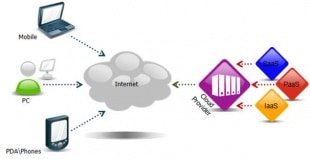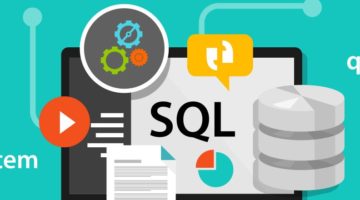What is the ‘cloud’ and how does it work with NAV?” I am asked this question often.
Firstly, what is the ‘cloud’? The ‘cloud’ is a metaphor used to describe the delivery of software and hardware services to a range of users, not necessarily at the same company.
It allows the shared use of hardware capabilities as a service, enabling multiple companies in various locations to have their data stored on a single server. It then offers a licensing model to provide software as a service, so a company can achieve economies of scale over the hardware network by sharing resources with other users.
For a company or user that subscribes to a cloud service, this actually means that they need not purchase any hardware, or software, but still have access to a high speed, fully functional IT environment.
‘Cloud’ allows a company to move away from the traditional capital expenditure model of business application licensing, and pay a service fee per user (often monthly) to have access to the applications.
So, how does all this work with NAV? To achieve the economies of scale the ‘cloud’ provides, users must share the functionality (logic, not the data) of an application with others – it is installed once, but accessed by many. As we all know, NAV is customizable, and very rarely is one installation identical to another.
While a service licensing model does currently exist for NAV, Microsoft is further enabling Microsoft Dynamics NAV 2013 (currently due to be released in the last quarter of the 2012 calendar year) for the Windows Azure cloud operating system. This means that NAV 2013 will most likely operate with multiple licensing and deployment options to allow new and existing users to take greater advantage of a cloud based deployment, while still offering traditional on-premise deployments for specialized implementations.
Coming years will see more companies world-wide to access the functionality of NAV without a large initial licensing and hardware capital expenditure, which is great news for the NAV community as a whole.







